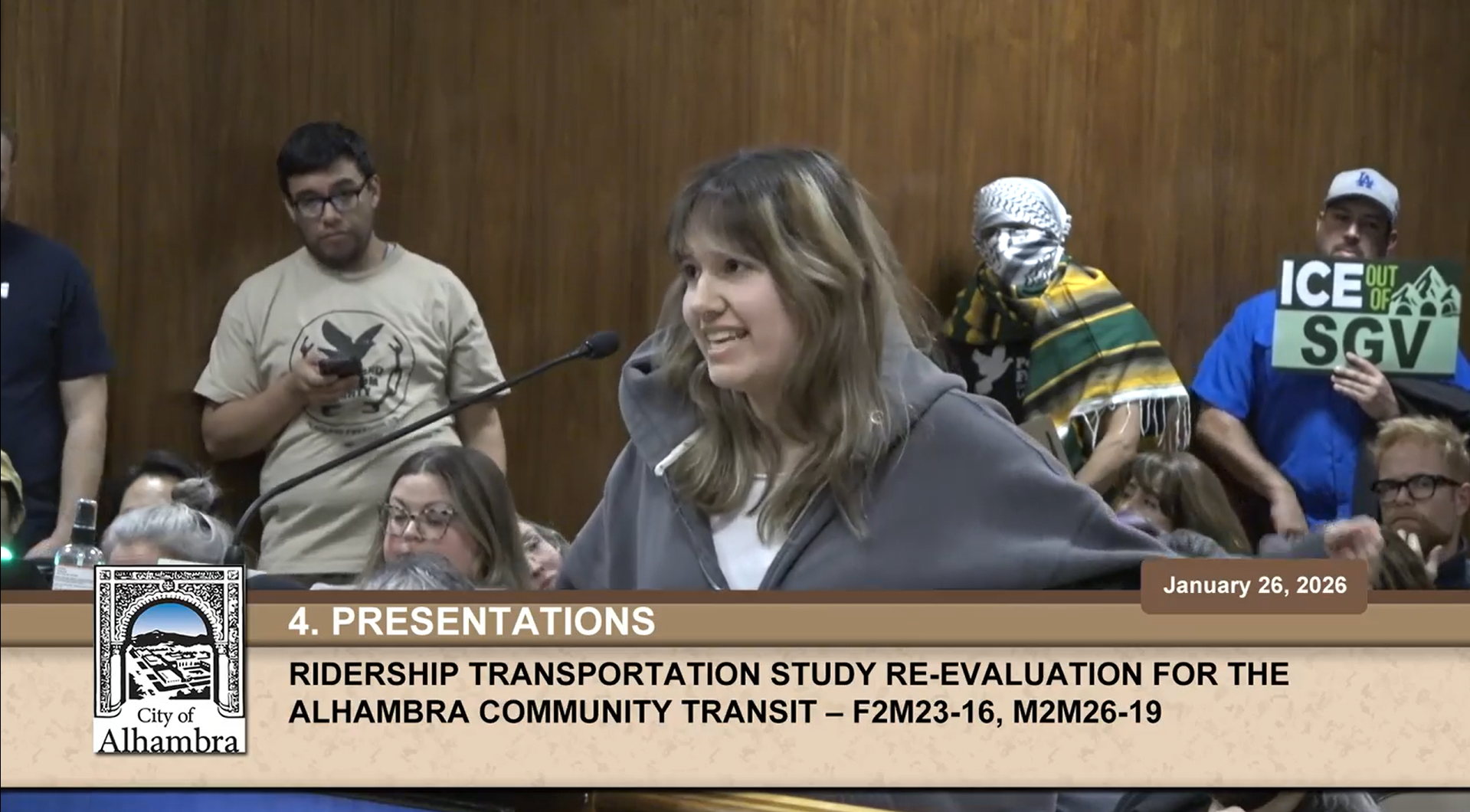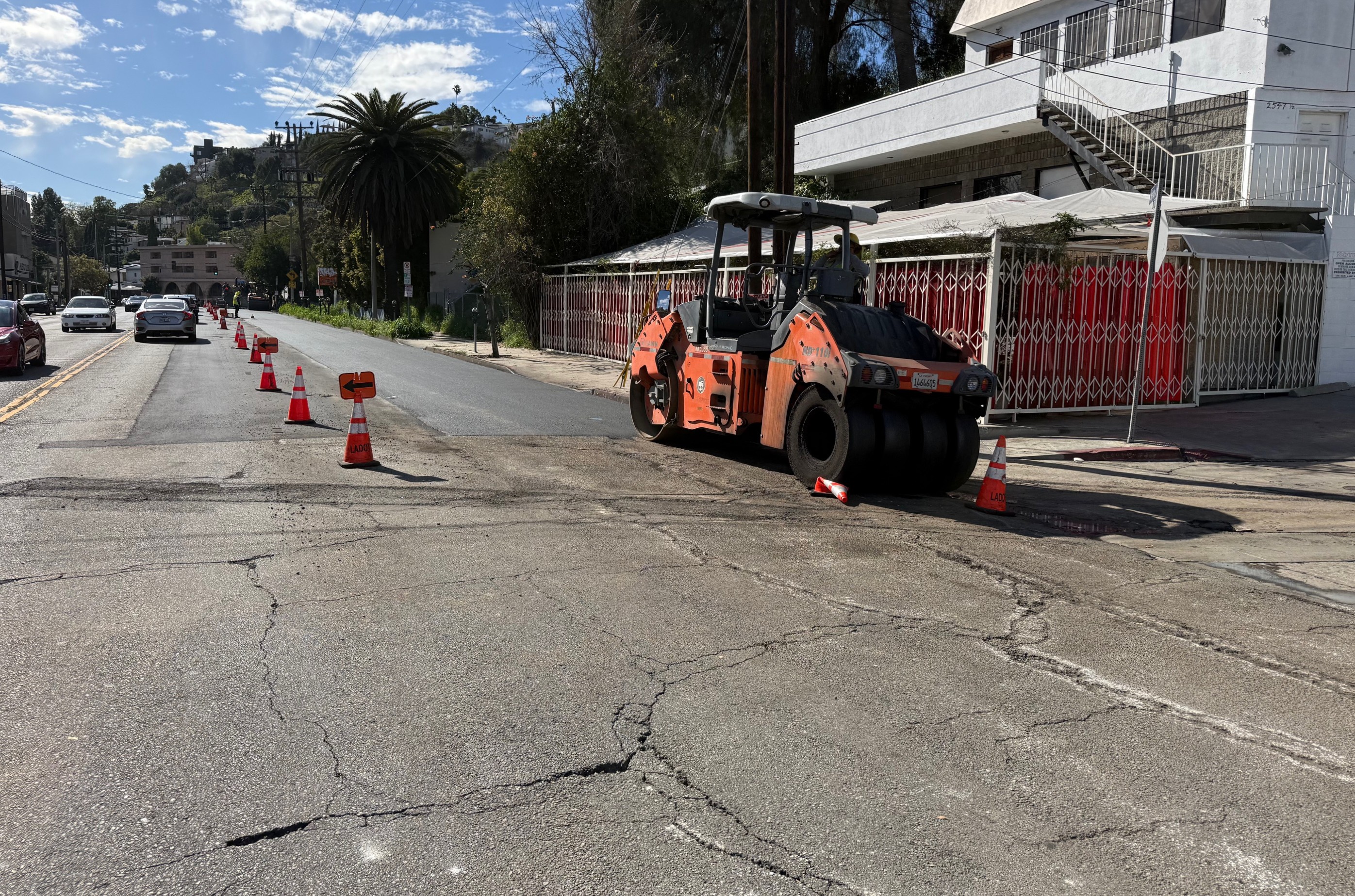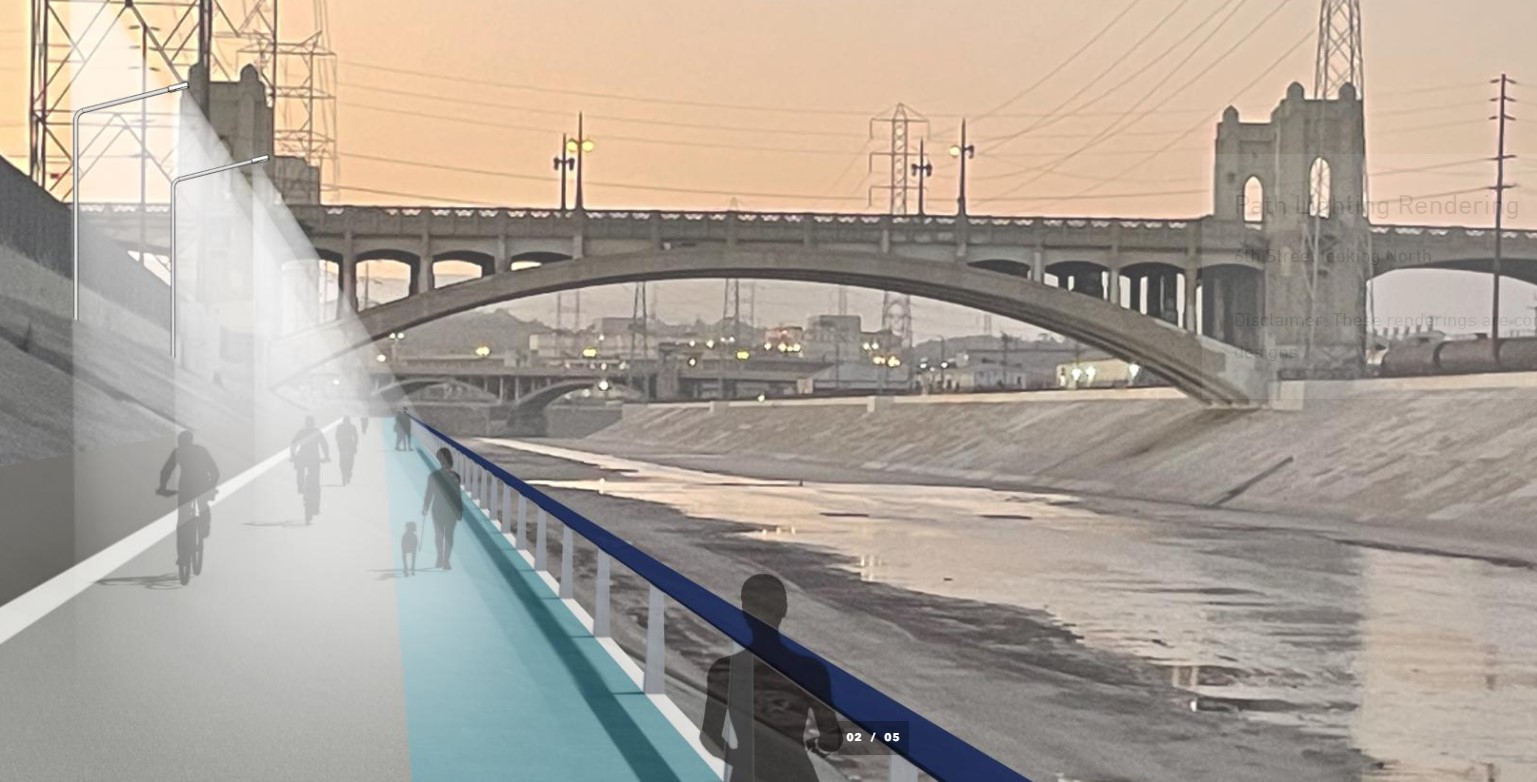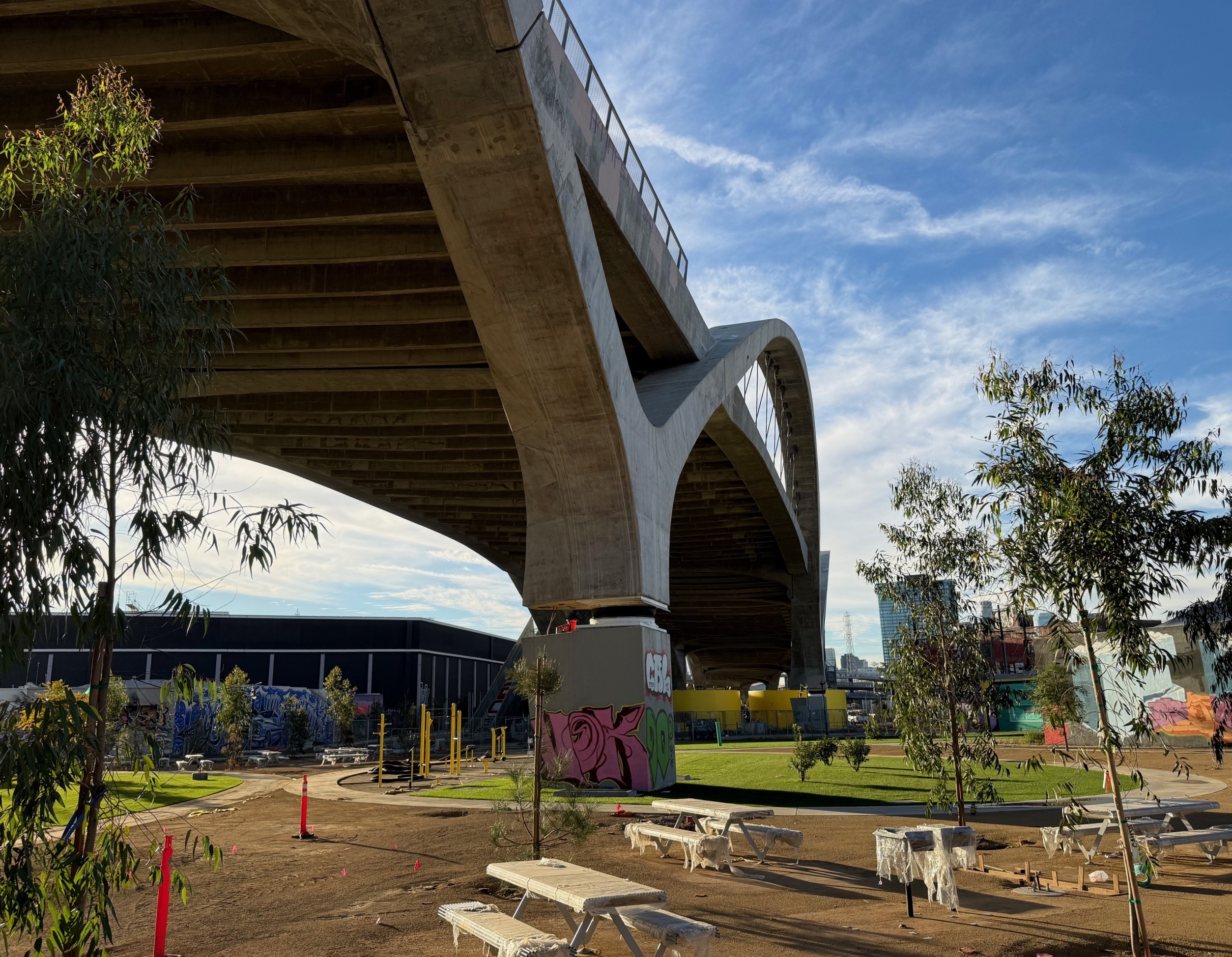Senate Bill 1183, the bill from Mark DeSaulnier (D-Concord) which was originally proposed as a “bike tax,” is no longer a bike tax. This time the change is not just in the bill's title -- the bill, which originally proposed a sales tax on bicycles to create a stable source of funding to maintain bicycle facilities in regional parks, now proposes a fee on motor vehicle registrations instead.
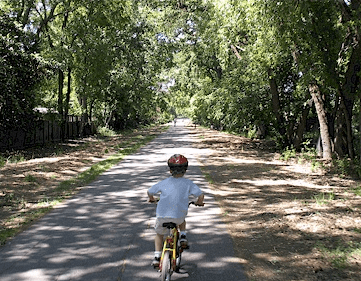
If passed, S.B. 1183 would not automatically impose any fees, but allows cities, counties, and regional parks to propose them for the ballot and seek approval from two-thirds of local voters. The new vehicle registration surcharge would be capped at $5.
The original proposed tax was opposed by the California Retailers Association as well as the usual anti-tax organizations, including the Howard Jarvis Taxpayers Association. In addition, the Senate's Governance and Finance Committee analysis pointed out serious concerns with how a bicycle tax would be administered. It would have necessitated the unfunded creation of a new set of procedures by the Board of Equalization.
A motor vehicle registration fee, on the other hand, could be administered easily by the DMV without having to set up a new system.
"We were looking for a different mechanism to raise the funds," said Doug Houston, legislative advocate for the East Bay Regional Park District, the sponsor of the bill. "There was consternation about a sales tax on bicycles, a social good, with some advocates asking why we would want to penalize or discourage bike riding."
The fee was conceived as a way for regional parks to create a stable, if small, source of funds to pay for the maintenance of bike facilities, including paved trails.
Robert Doyle, the East Bay Regional Park District's general manager, said the district has grants to complete ten projects that link existing trails within the system. “But then we have to patrol and maintain them,” he said.
The capital grants that pay for construction of the trails cannot be used for operating and maintaining them. “We don't get money that other transportation agencies get to repair potholes, even though our trails connect cities and parks, as well as transportation hubs like BART,” said Doyle.
Doyle noted that the EBRPD's first trail built in 1971 is aging, and estimated that it would cost at least $1 million to repair the Contra Costa Canal trail from Briones through Central Contra Costa County. The trees that shade the trail have grown, breaking up the pavement with their roots. Some would need to pruned, and others removed, in addition to repaving the trail.
Other trails in the system, including the Iron Horse Trail in Contra Costa County and parts of the San Francisco Bay Trail, which will eventually circle the entire bay, are used by commuters as well as kids riding to school. “They are used for transportation as well as recreation,” said Doyle.
The California Bicycle Coalition supports the change of SB 1183, said executive director Dave Snyder. “This has become a good bill,” he said. “It has the potential to raise funds for bike infrastructure without relying on the false supposition that subsidies flow more heavily toward bike riding than driving or other forms of transportation.”
Because of the amendment, the bill has been taken out of the Senate Governance and Finance Committee's hearing process and moved to the Transportation and Housing Committee, where it is scheduled to be heard on April 29.
